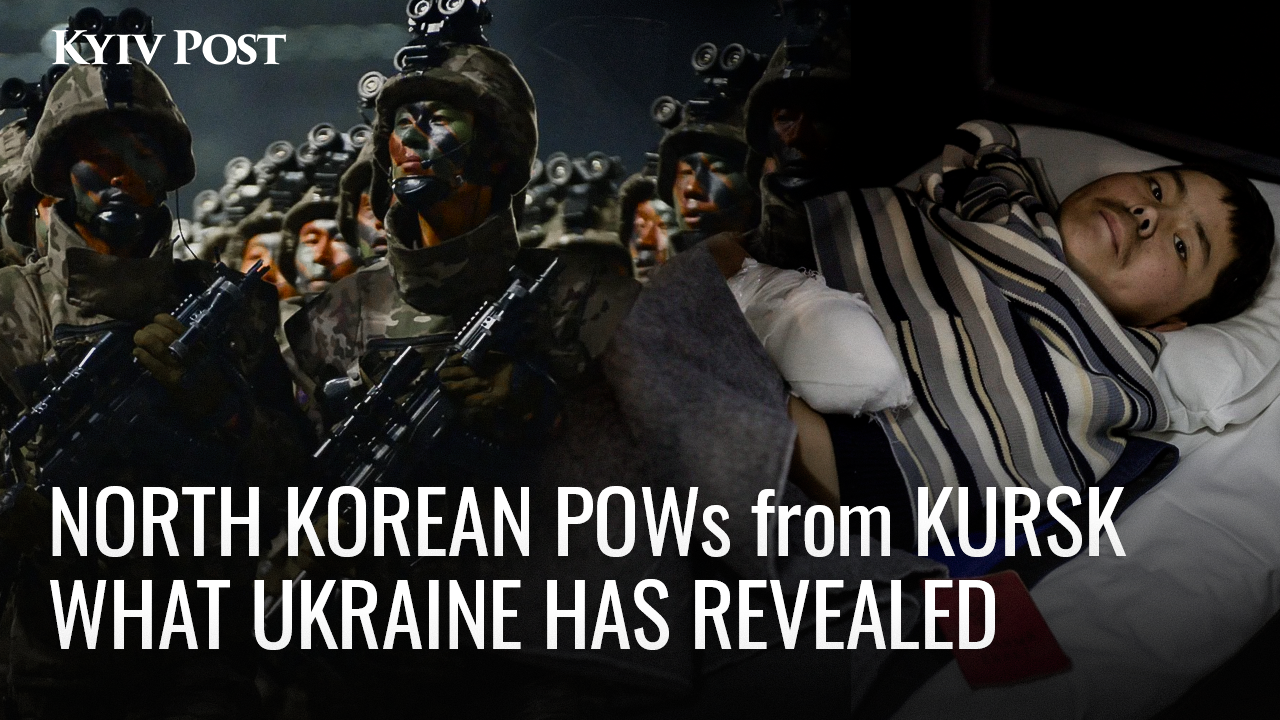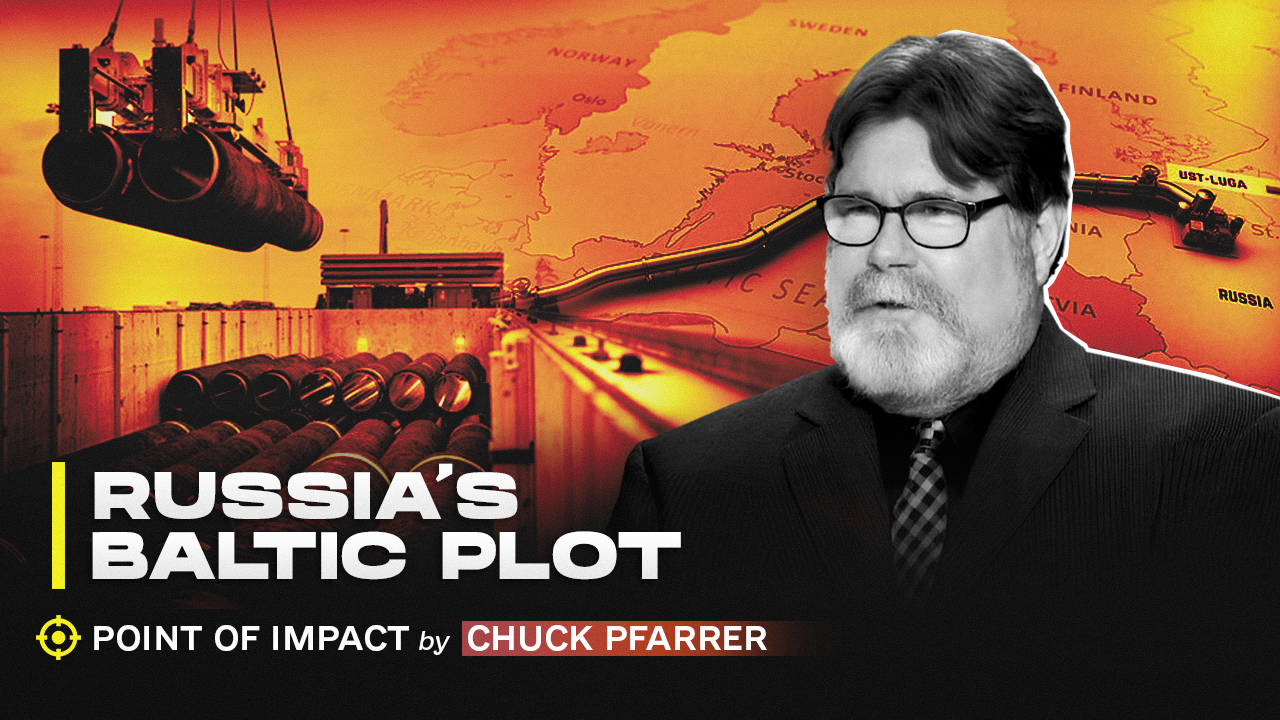US Republican presidential candidate Donald Trump on Monday announced his pick as a running mate on November’s ticket: Ohio senator JD Vance, a staunch ally of the former president and a confirmed isolationist who has fought against US aid for Ukraine for years.
“I don't really care what happens to Ukraine one way or another,” Vance said in an episode of Steve Bannon's War Room.
JOIN US ON TELEGRAM
Follow our coverage of the war on the @Kyivpost_official.
The 39-year-old Marine Corps veteran and Yale law school graduate worked as a venture capitalist before running for the Ohio senate seat in 2022, backed by deep Silicon Valley pockets. It is the first time he has held public office.
Aside from his railing against US foreign aid at every opportunity, Vance is perhaps best known for his 2016 memoir, “Hillbilly Elegy: A Memoir of a Family and Culture in Crisis,” which chronicled his youth in the poverty-stricken Appalachian Mountains.
He is against a woman’s right to choose an abortion, a big proponent of Trump’s crusade to build a wall on the US southern border to keep out immigrants, a climate-change denier and he says he believes that the 2020 elections, which Trump lost, were rigged.
The right-wing community, including the other potential picks for vice president, loudly applauded the decision.
Perhaps the US vice president’s most important role is to represent a tie-breaking vote in the 100-member Senate, a body currently evenly divided between Democrats and the Independents who caucus with them, and the Republicans.

Latest on Russia’s Intransigence to End War Against Ukraine
The other very significant, role, of course, is that he or she is the next in line for the presidency should the president be unable to serve. That possibility is front and center of American attention after Trump narrowly avoided an assassination attempt over the weekend at a rally in Pennsylvania.
While Ohio is firmly Republican territory, neighboring Pennsylvania, Biden’s home state, has been up for grabs in recent elections. And that is the other major role of a vice president, at least as a candidate: to bring in the votes.
Rather than reach out to a potential candidate from a swing state, or to a woman or minority to build numbers on those margins, the selection of Vance, a white male from a safely red state, can be seen as a way for Trump to firm up his right-wing base, instead.
A significant segment of the Republican party, including Vance, had distanced themselves from Trump in recent years, as his election-denying and legal troubles gained steam. In recent months, however, Vance appears to have worked back into the former leader’s good graces, even after Trump was convicted of 34 campaign finance and banking-related felonies and found liable for $454 million related to sexual assault charges the former president was found to have committed in a civil trial, among many other legal troubles he still faces.
JD Vance, who called Trump “America’s Hitler” and a “cynical asshole,” and said that any American would have to be an “idiot” to vote for him, has been selected as Trump’s running mate.
— Keith Boykin (@keithboykin) July 15, 2024
pic.twitter.com/ZbpWhuQRga
US State Department agrees in principle with Zelensky’s invitation to Russia at the next summit
After President Volodymyr Zelensky said on Monday that Russia should be invited to the next peace summit, US President Joe Biden’s administration responded that it sounded like a good idea, in theory, but cast doubt that the Kremlin is even ready to negotiate.
Zelensky returned from the NATO summit over the weekend with a brief stop in Ireland and brought home a message of peace.
Moscow did not receive an invitation to the 90-member conference in Switzerland in June to discuss the framework of a treaty. Many countries voiced their encouragement for a just peace, but without Kremlin representatives, the summit was fruitless. The Kremlin called the gathering “absurd.”
Vice President Kamala Harris led the US delegation since Biden was scheduled for a campaign fundraising event in California, sponsored by George Clooney, Julia Roberts, and other Hollywood Democratic donors.
“When they want to invite Russia to that summit, of course, that is something we support,” State Department spokesperson Matthew Miller said at a briefing. We’ve always supported diplomacy when Ukraine is ready, but it has never been clear that the Kremlin is ready for actual diplomacy.”
Zelensky has been saying for months that the support received to date from allies has been enough to keep the Russians at bay, but not enough for outright victory. At a press conference on Monday, he reiterated that, for example, “The decision to transfer F-16s to Ukraine was strategic, but their number was not strategic,” state media outlet Ukrinform quoted the president as saying.
He also estimated that 25 Patriot air defense missile systems would be enough to defend all of Ukraine. According to open sources, Ukraine currently has only two systems defending its skies, while three are in the process of being transferred by a coalition of US and European allies.
We are fighting against a terrible enemy, one that cannot be called human and is infinitely far from true Christianity.
— Volodymyr Zelenskyy / Володимир Зеленський (@ZelenskyyUa) July 15, 2024
Its essence is ruins, and the death it brings is something we must overcome.
Ukraine cannot agree to anything less than to live, to preserve itself, and to… pic.twitter.com/2yxsfoDRUx
EU officials refuse to attend Hungarian foreign affairs summit over Orban’s Moscow visit
After Hungarian Prime Minister Viktor Orban’s recent “peace trips” to Russia and China while holding the rotating EU presidency, many bloc members are canceling their plans for a foreign affairs summit in Budapest, and the European Commission (EC) is instead holding a separate summit.
EC spokesperson Eric Mamer announced on Monday that President Ursula von der Leyen has canceled her visit to Hungary and will instead send civil servants to attend.
Mamer said the decision had been made “in light of recent developments marking the start of the Hungarian Presidency,” following up on the EC’s promises to take action for Orban’s unauthorized visits to Moscow and Beijing.
Meanwhile, Politico reported on Monday that three unspecified diplomats stated that EU High Commissioner Josep Borrel will hold a “formal” foreign affairs council meeting at the same time as Hungary’s summit in late August 2024. A source told the political journal that EU foreign ministers want to “send a clear signal that Hungary does not speak for the EU.”
Earlier this month, Estonia, Finland, Latvia, Lithuania, Poland, and Sweden had already declared their countries would only send civil servants to government meetings connected with Hungary’s EU presidency.
Mr. Orban might be abusing the position of the EU presidency, but what he is certainly not doing is representing either NATO or the EU. He does not speak for my country or any country except his own. pic.twitter.com/fKi8aW3S3b
— Gabrielius Landsbergis🇱🇹 (@GLandsbergis) July 11, 2024
You can also highlight the text and press Ctrl + Enter













